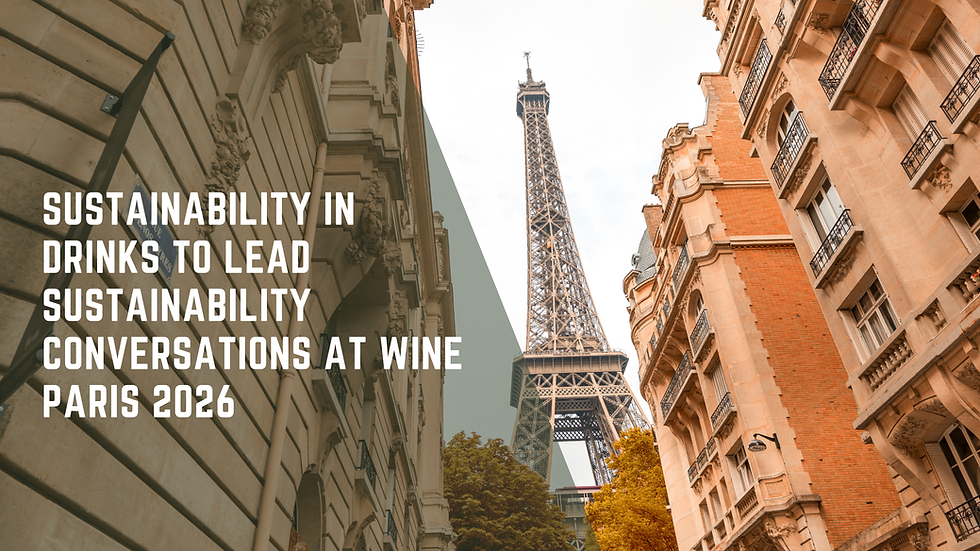A Dangerous New Normal: Our Response to New Data on Europe's Record-Breaking Summer of 2022
- Jan 23, 2023
- 3 min read

Earlier this month, new research was released showing that 2022 was an unprecedented year of global warming and extreme weather events caused by climate change.
In their newly-released data, European Union’s Copernicus Climate Change Service found that 2022 was the fifth-hottest year on record. Temperatures in Europe were particularly severe, with most countries in Western and Southern Europe—home to 15 IWCA wineries and a substantial proportion of the world’s vineyards—recording their warmest summer in history.
At International Wineries for Climate Action (IWCA), we are deeply concerned about what these trends signal for the wine sector and call fellow wineries to action in the face of climate change.
“These data validate what grapegrowers and winemakers across the world already know: climate change is no distant threat. It is already manifesting in severe ways, as wineries saw during the European summer heat waves of 2022,” underlines Charlotte Hey, IWCA’s Executive Director.
Wine grapes are one of the most delicate agricultural crops. Even slight variations in temperature and rainfall can affect grape quality and harvest yield; so the severe and prolonged irregularities caused by climate change are a serious concern for wineries.
Spain and France, the top two and top three wine-producing countries in the world, respectively, experienced prolonged heat waves in 2022. Heat records were broken in both countries. “We’re experiencing more extreme high temperatures more regularly, with many consequences. For example, this is dehydrating our grapes, accelerating ripening, and creating a burn risk on the skin of the grapes and green parts of the plant,” explains Enric Sunyer, Viticulture Manager at Herència Altés, an IWCA member winery in Spain.

In recent years, as the impacts of climate change increasingly manifest and intensify, Enric has noticed other changes in the vineyards. He reports irregular ripening and unbalanced maturity—meaning grapes may have high sugar contents while the green parts of the plant have not yet ripened—and vine cycles tend to be shorter than before, leaving less time for field tasks.
Herència Altés, like many wineries, has had to adjust their entire grapegrowing process in response to changing conditions. Notes Enric, “Vegetative growth is faster. We’ve had to change our pruning start date. We’ve had to move up our harvest start date. Our window to pick grapes in their optimal state of ripening has shortened.” He estimates that Herència Altés begins harvest about three weeks earlier than the winery did a decade ago, a sign of an enduring shift in climatic conditions.
These heat waves, droughts, and other risks are no longer isolated events; they are part of a trend that could become the new normal if immediate, strong action is not taken.
2022 may have been “record-breaking” and “unprecedented”—but Earth’s eight warmest years on record have occurred since 2014.
As wineries, our global climate footprint is small, but as businesses that depend on climate, air, water, and soil, we are one of the most vulnerable sectors. The realities of climate change should drive every winery to action to reduce their carbon footprint—for the survival of our businesses, for the future of our industry, for our next generations.
We urge wineries who share our concerns and mission to join IWCA, a collective movement of the world’s most climate-forward wineries. Our unique community offers a space to exchange experiences and best practices and develop a roadmap to achieve Net Zero emissions—supporting wineries to take tangible action to tackle climate change and strengthen the resilience of their businesses.




Comments